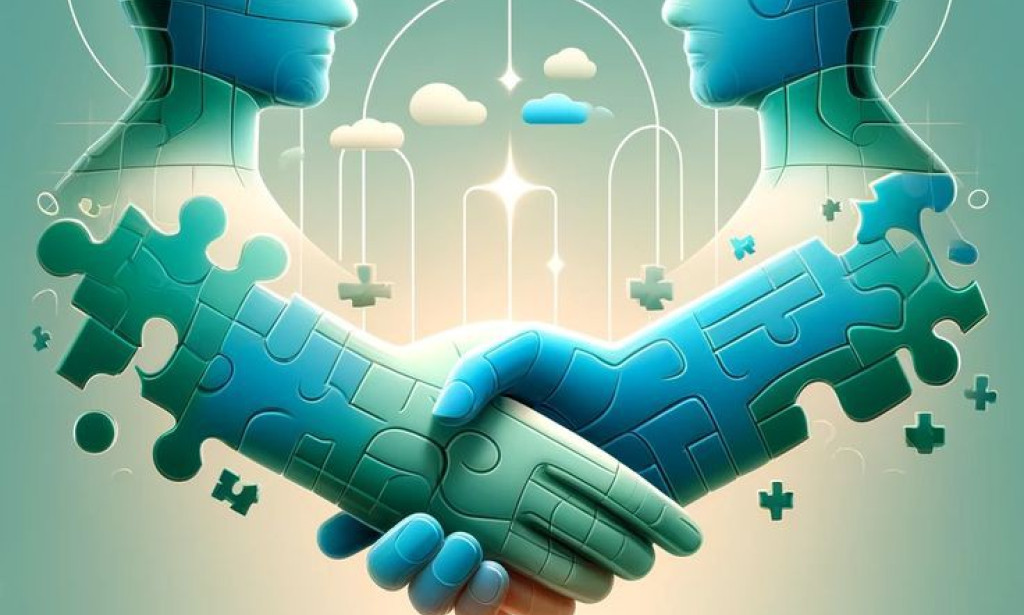AI-powered personal assistants have already become a common feature in smartphones and smart devices, with Siri, Alexa, and Google Assistant leading the way. However, the next generation of personal assistants promises to be more powerful and capable of performing far more advanced tasks. Below are the key developments and important points about the future of AI-powered assistants:
1. Improved Natural Language Processing (NLP)
One of the most significant advancements for future AI assistants is Natural Language Processing (NLP). While current assistants can understand simple commands, future AI will be able to understand more complex sentences, hold longer conversations, and process context across multiple interactions. This will make human-computer interaction feel more fluid and natural.
2. Increased Personalization
Future AI assistants will become highly personalized, learning from your behavior, preferences, and daily routines. By analyzing your habits, they will offer tailored suggestions, reminders, and solutions based on your specific needs. For example, they might help you with time management by optimizing your schedule or offer personalized recommendations for health and fitness based on your goals.
3. Proactive Assistance
Instead of waiting for commands, future assistants will become proactive by anticipating your needs. They will monitor your calendar, emails, and tasks to remind you of important events or suggest actions, such as rescheduling meetings or completing tasks based on upcoming deadlines. This shift will allow users to offload more routine planning and management.
4. Enhanced Multitasking Capabilities
Next-generation AI assistants will be able to manage more complex, multi-step tasks. For example, an assistant could simultaneously manage your emails, schedule appointments, order groceries, and control home devices. These systems will streamline tasks across multiple platforms, significantly improving productivity.
5. Emotional Intelligence
Future AI assistants will integrate emotional intelligence, recognizing the tone of voice, language patterns, and emotional cues to adapt responses accordingly. This means that if a user sounds stressed or upset, the assistant might adjust its tone or suggest calming actions. The goal is to create more empathetic, human-like interactions that feel more intuitive and engaging.
6. Integration with IoT and Smart Devices
As the Internet of Things (IoT) expands, AI assistants will seamlessly integrate with a growing number of smart devices, from smart thermostats to voice-controlled home appliances. This interconnected ecosystem will allow users to control multiple devices at once using their personal assistant, creating an efficient, unified home or office environment.
7. Stronger Privacy and Security Protocols
Given the increasing use of personal data by AI assistants, privacy and security will become a top priority. Future AI assistants will be designed to better protect user information through more sophisticated encryption, data anonymization, and self-learning security measures. As AI assistants gain access to more personal data, the technology will evolve to safeguard privacy while still providing personalized services.
8. Context-Aware Interaction
AI assistants of the future will be more context-aware, meaning they can remember previous interactions and adapt responses based on current circumstances. For instance, if you tell your assistant you're going to a meeting, it will be able to offer suggestions about your itinerary or notify you of any traffic delays based on the location you're traveling to.
9. Visual and Gesture Recognition
Incorporating visual and gesture recognition will allow AI assistants to interact with users in more dynamic ways. Using cameras or sensors, they could recognize objects, faces, or gestures to perform actions. This could improve accessibility, as users could issue commands by simply waving their hand or making eye contact with their devices.
10. Integration with Augmented and Virtual Reality
AI assistants will also play a major role in the development of augmented reality (AR) and virtual reality (VR) experiences. Whether it's guiding you through an immersive shopping experience or helping you navigate a VR workspace, AI-powered assistants will become essential tools for interacting with AR and VR environments.
Conclusion: The Evolution of Personal Assistance
The next generation of AI-powered personal assistants will be far more intelligent, personalized, and capable than today’s versions. With improvements in language processing, emotional intelligence, privacy, and device integration, these assistants will enhance efficiency, productivity, and convenience across various aspects of life. As AI technology continues to advance, the role of personal assistants will only grow, shaping the future of human-technology interaction.

GREAT
You must be logged in to post a comment.